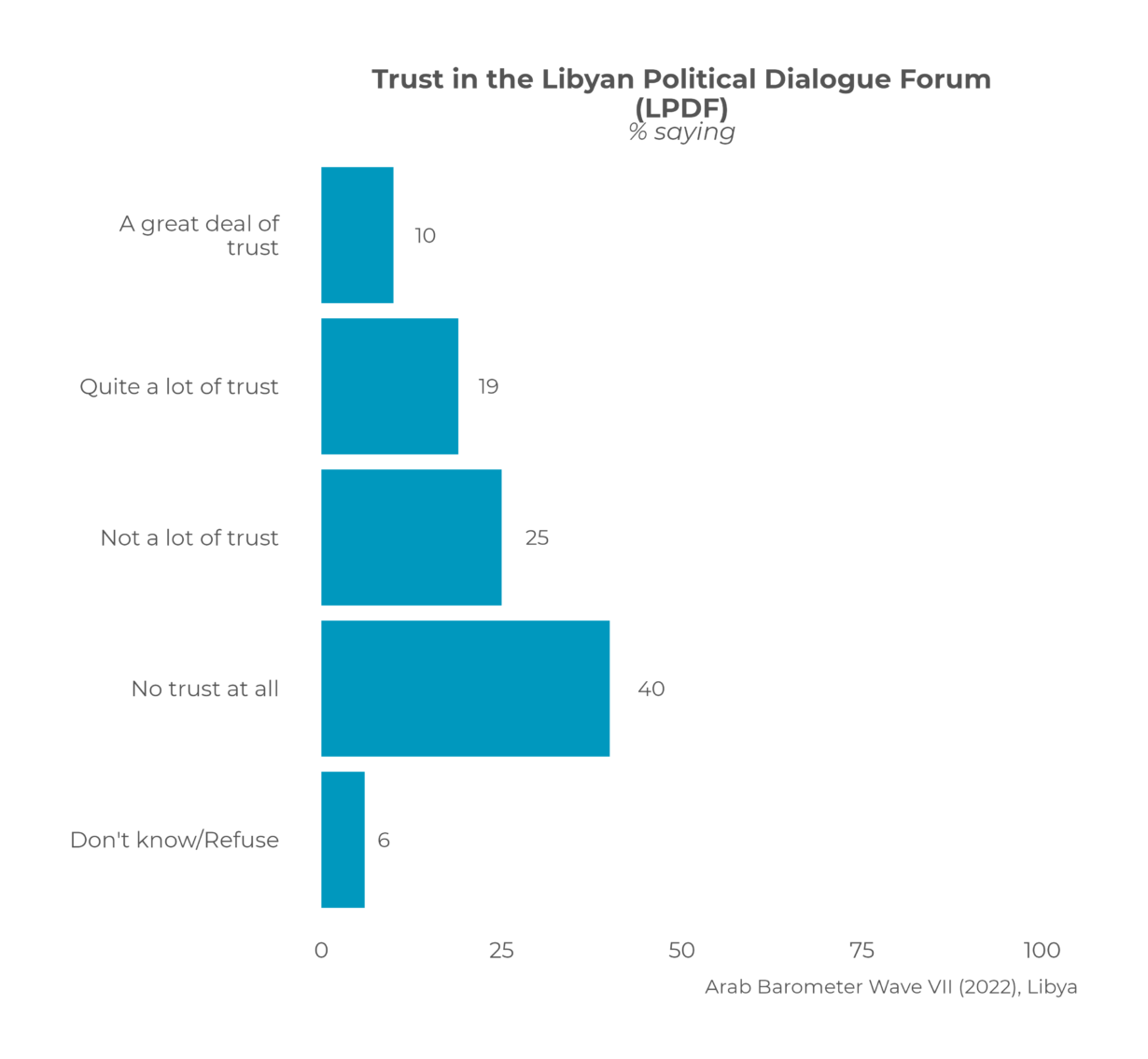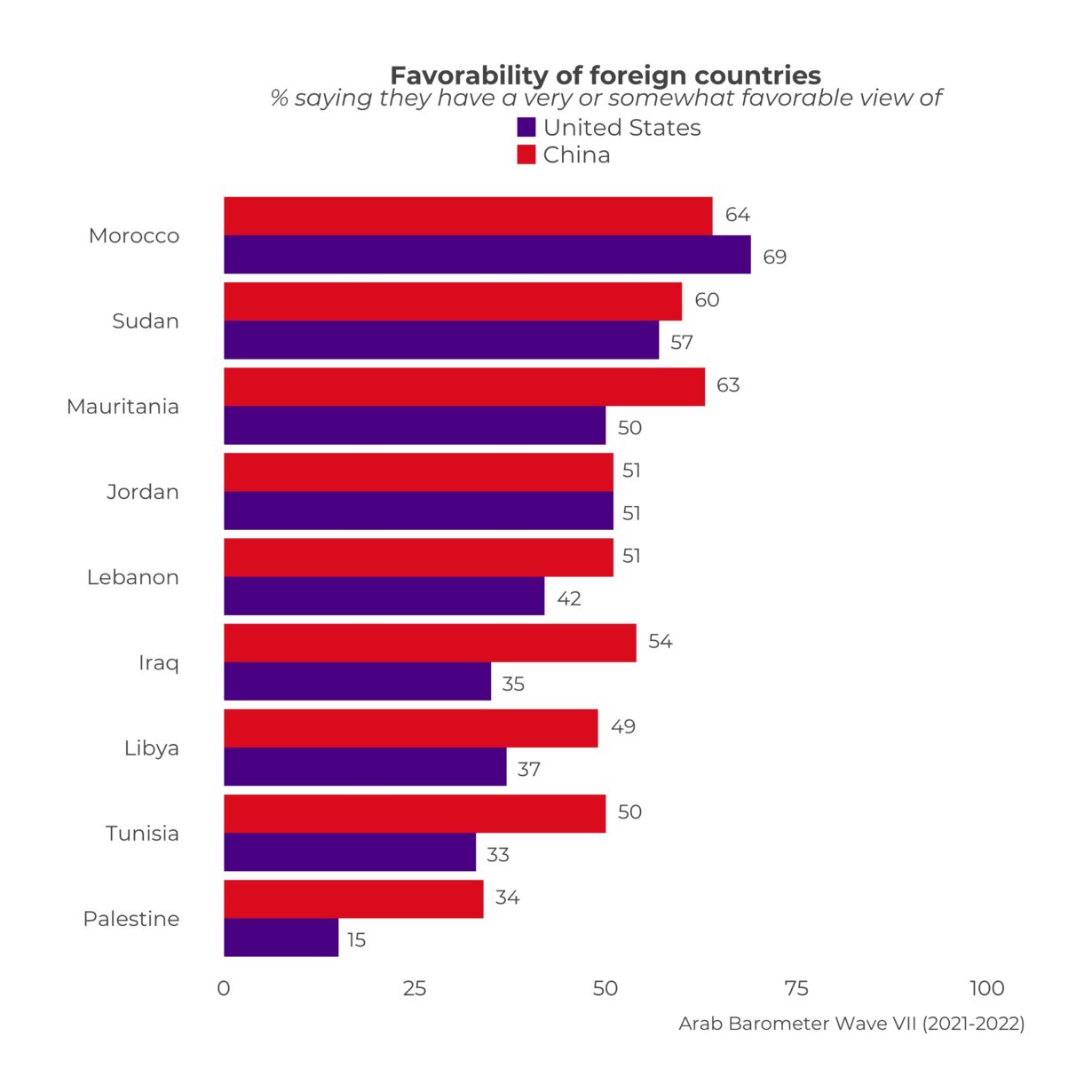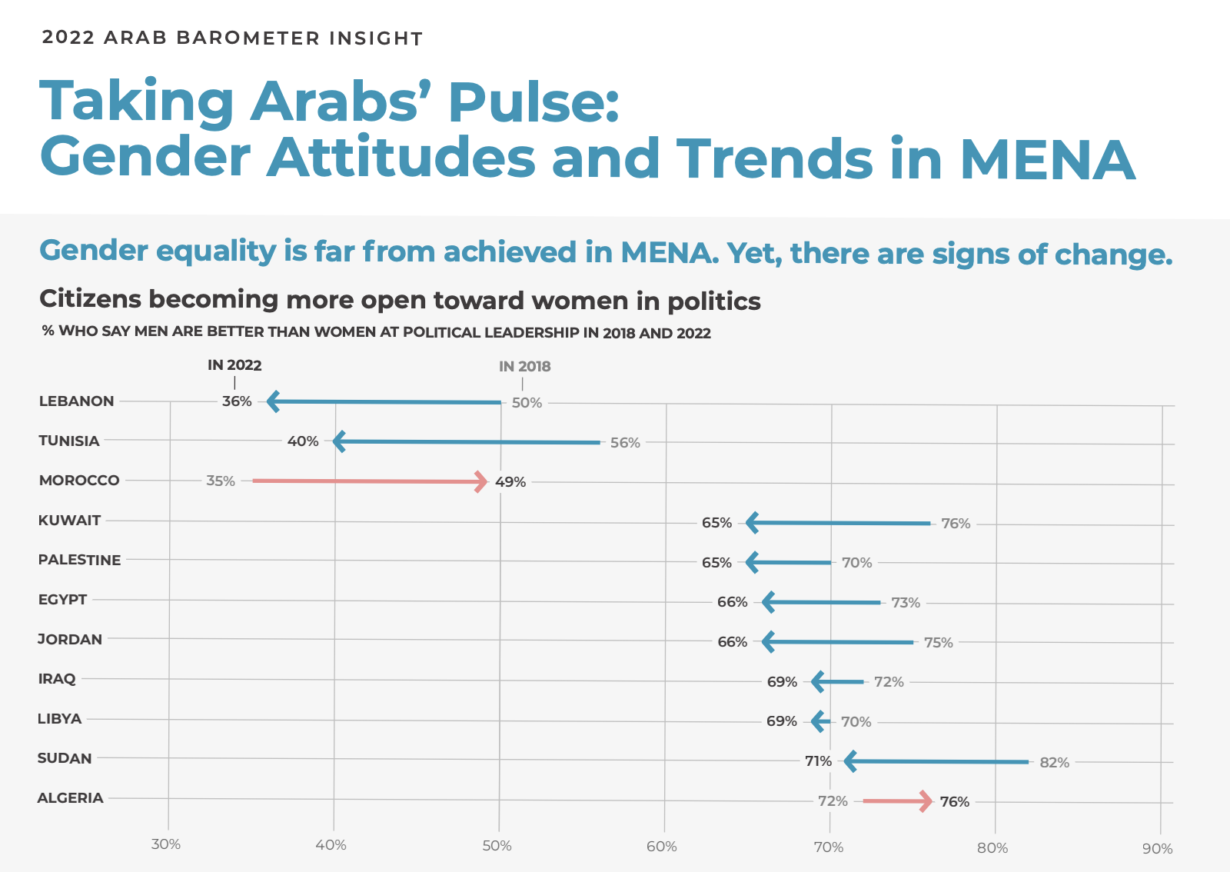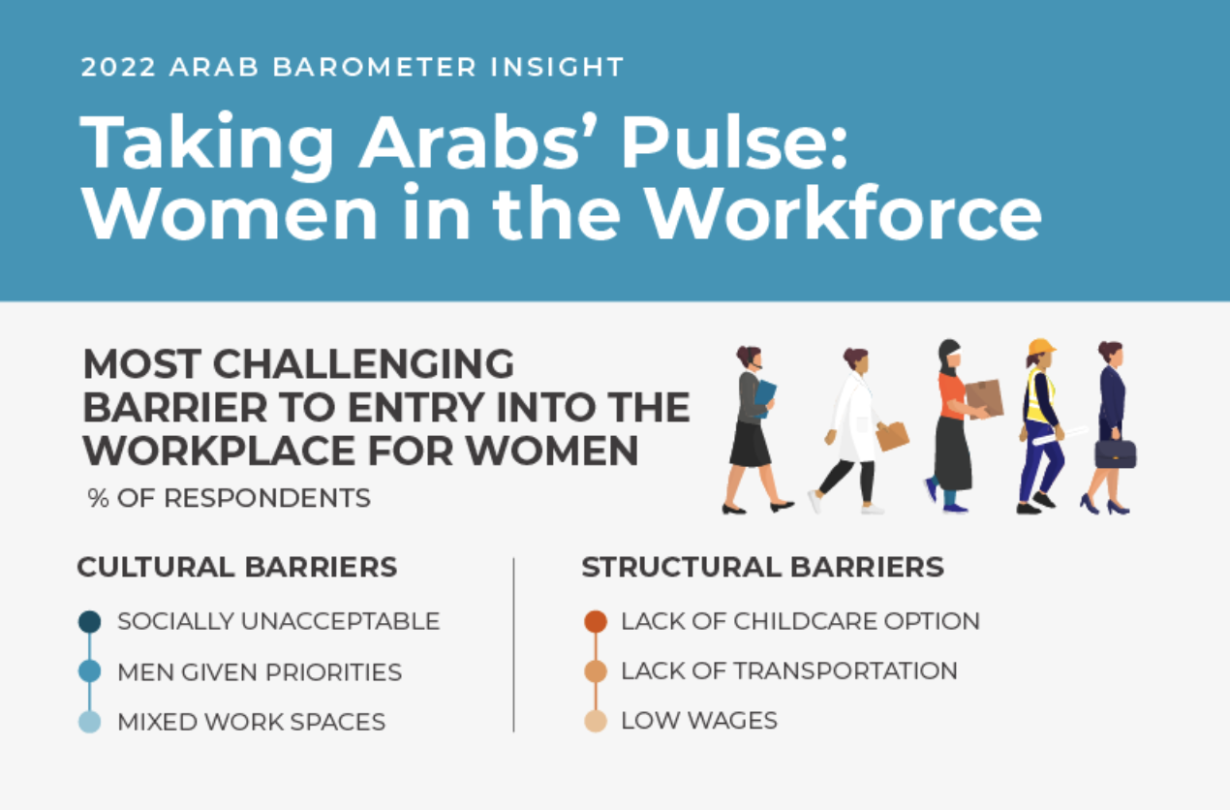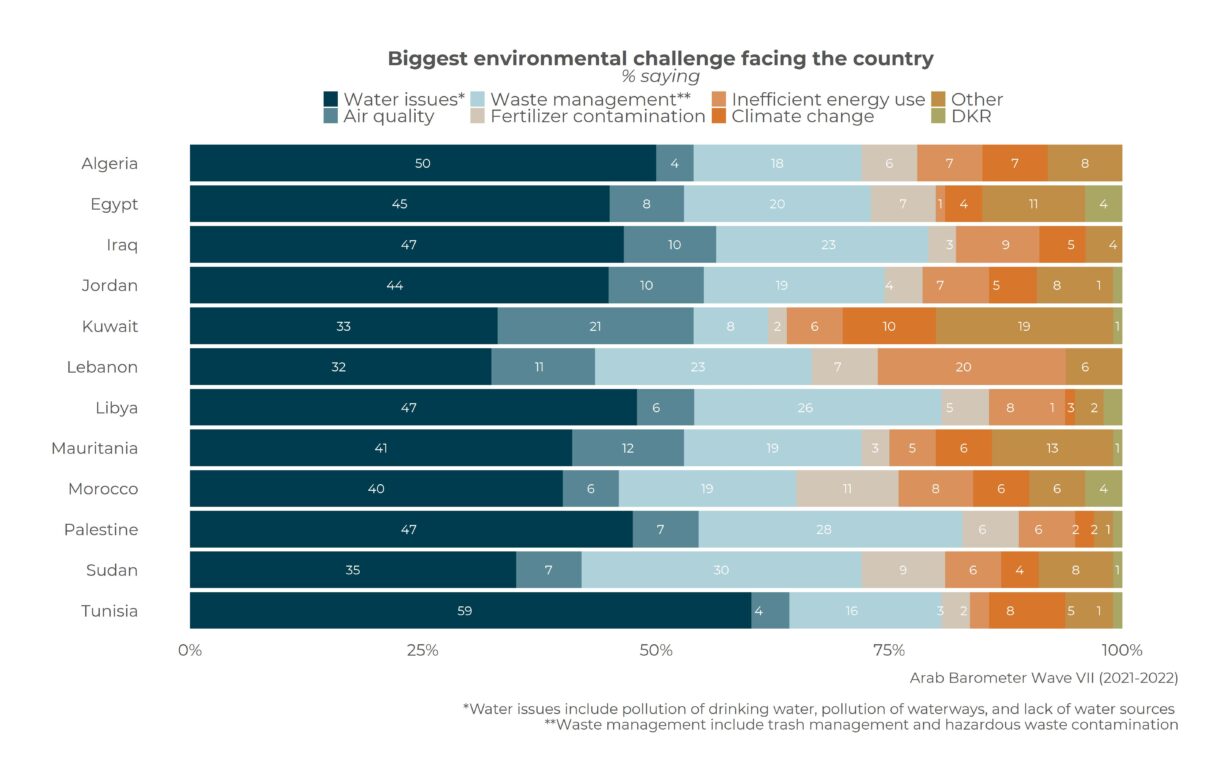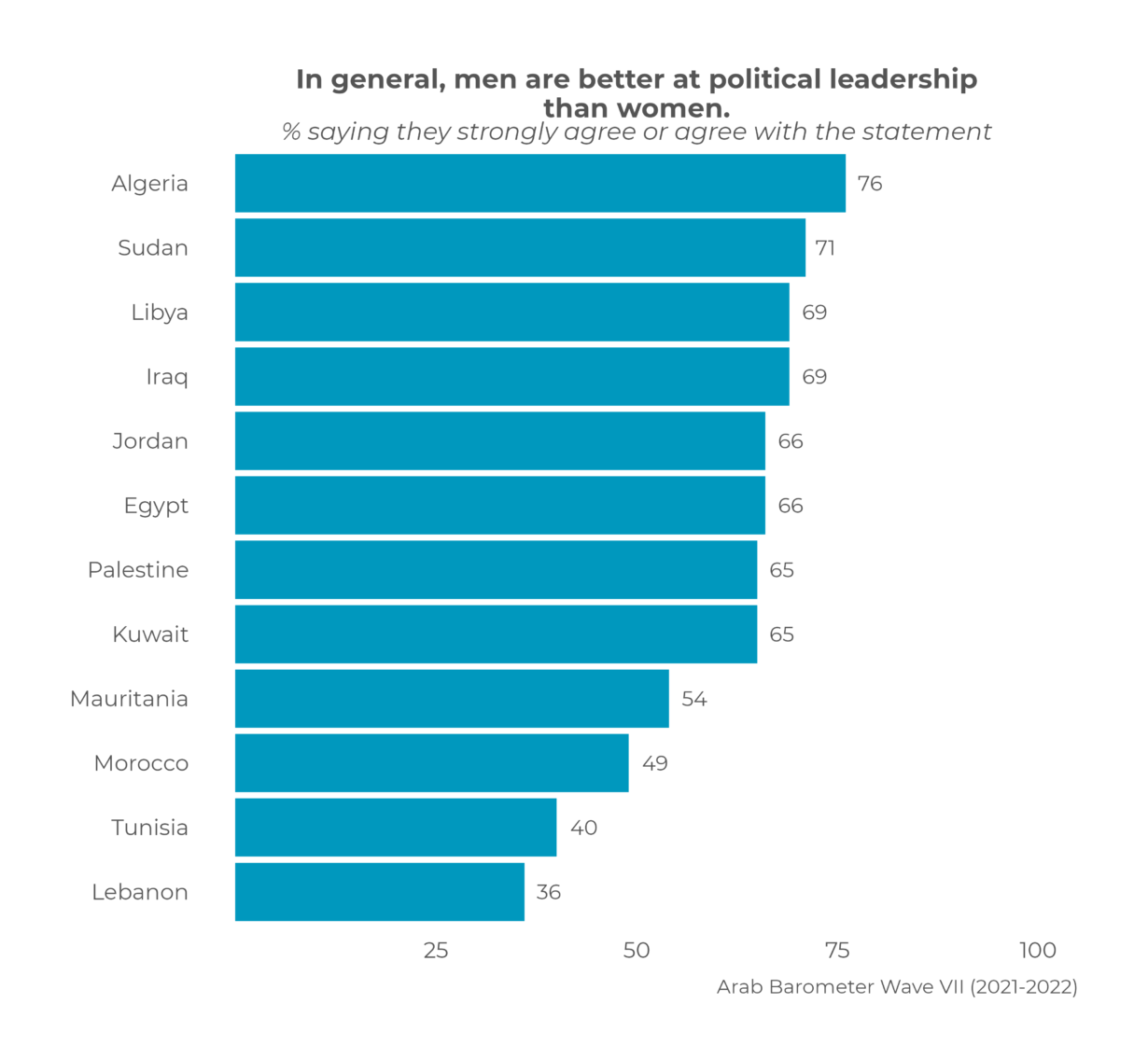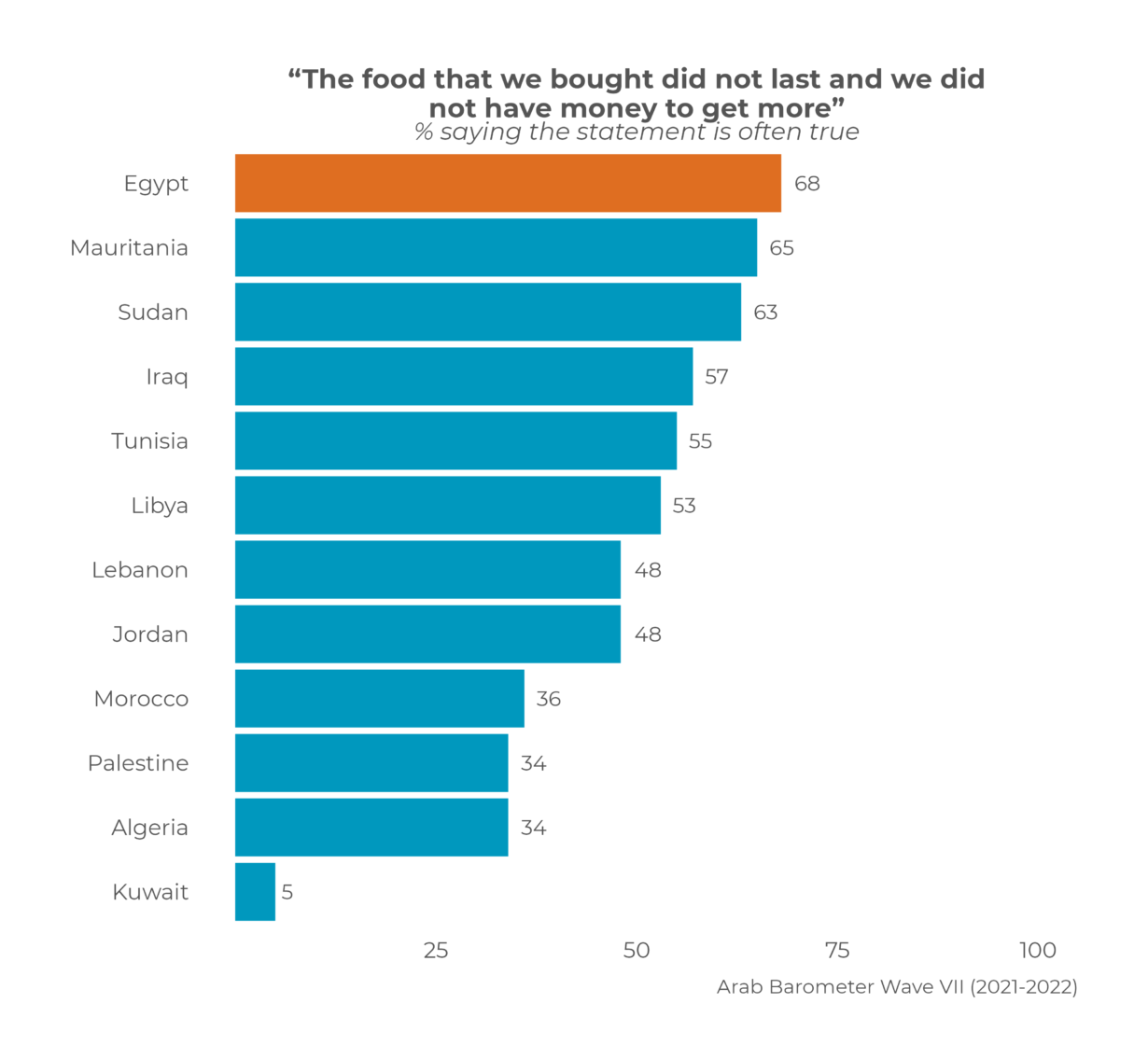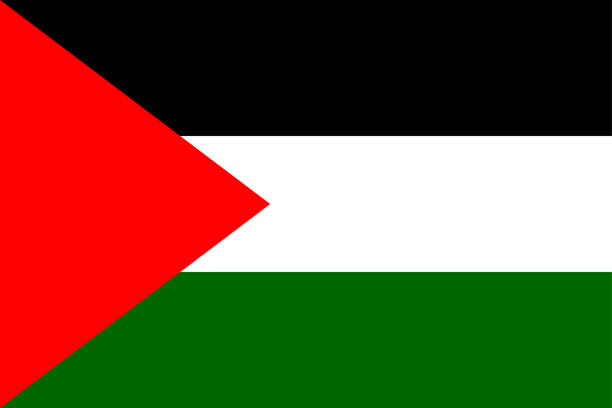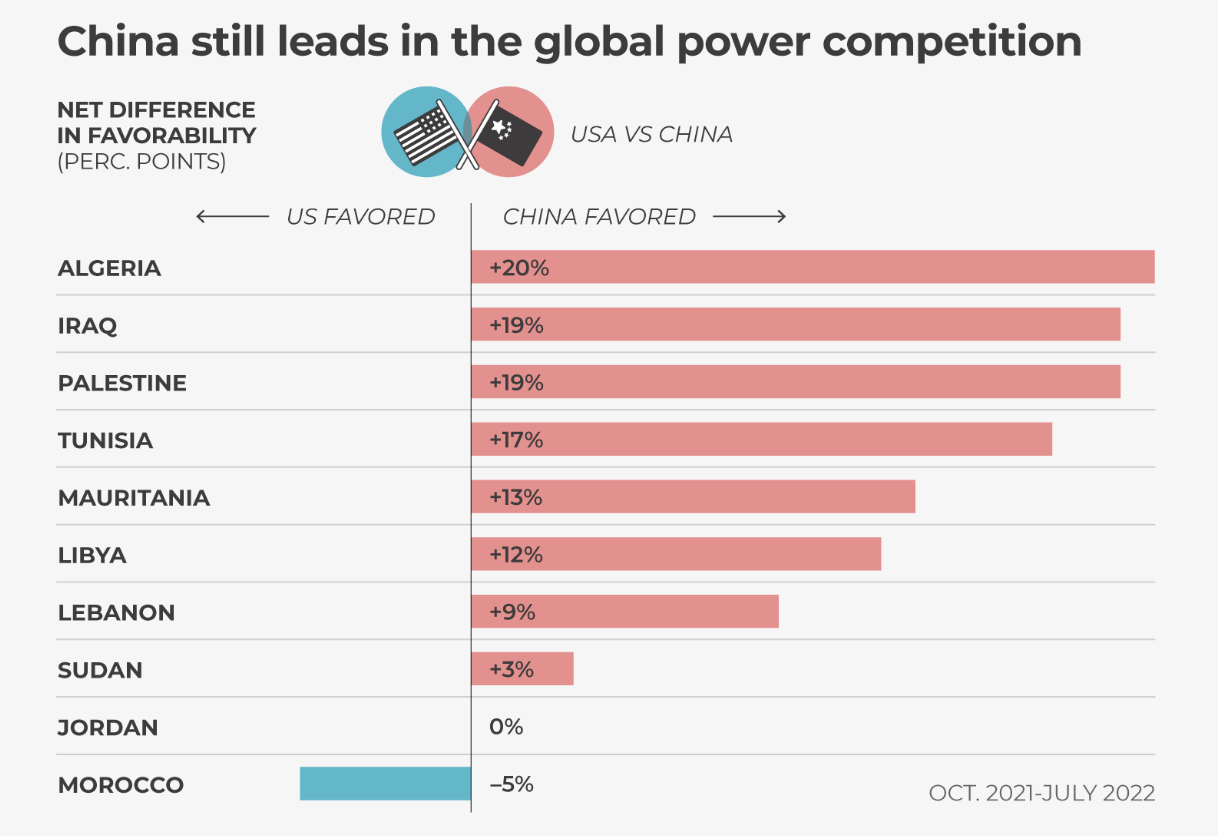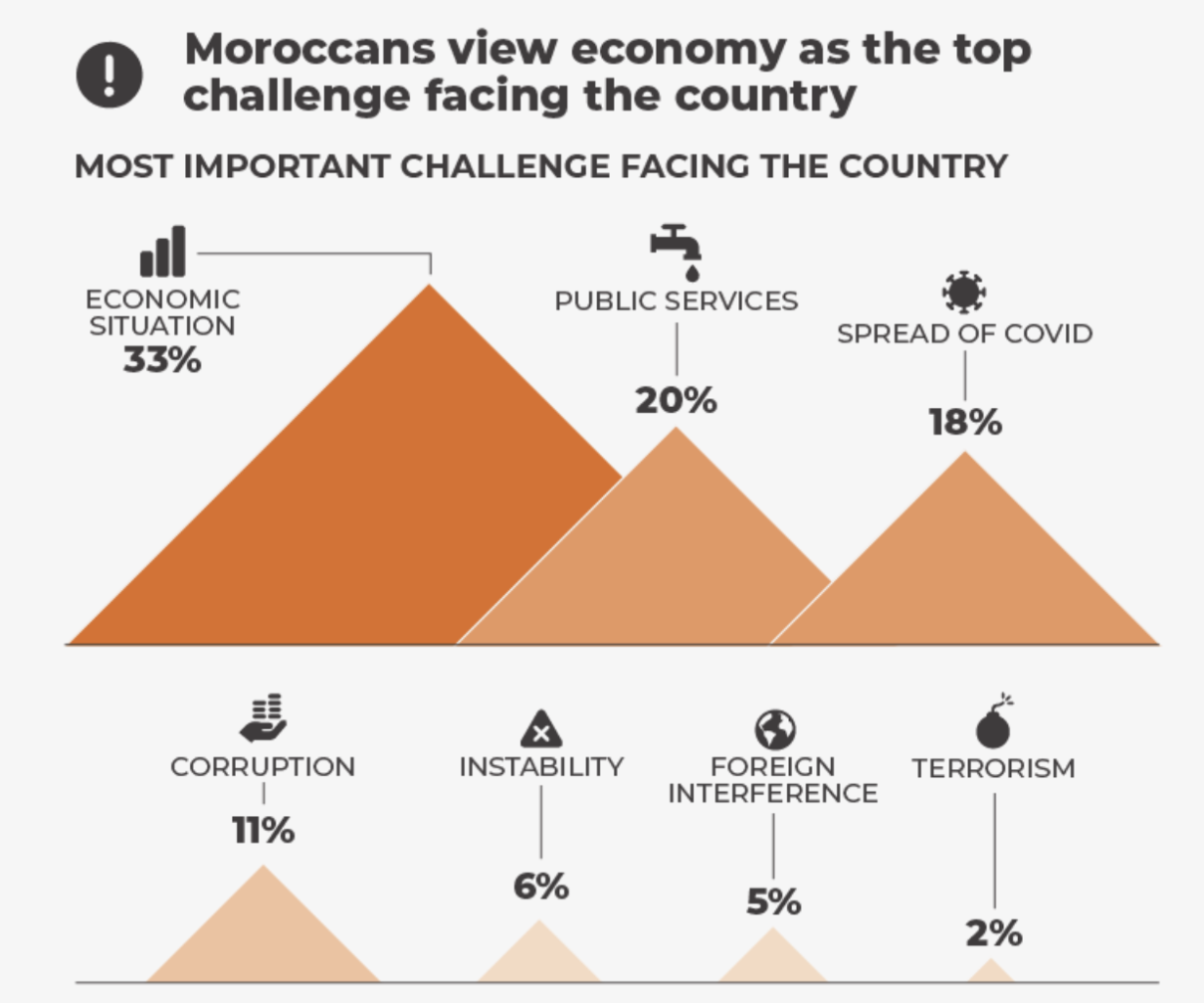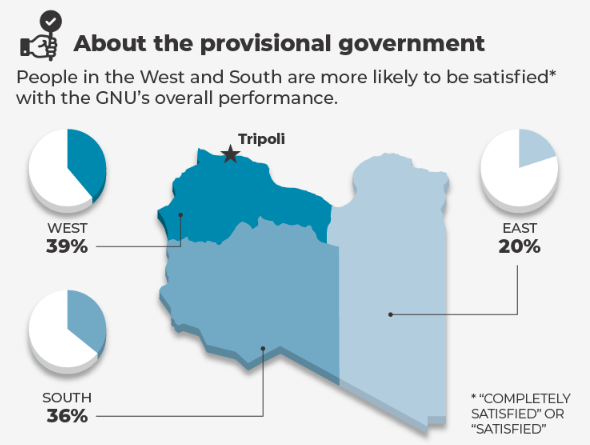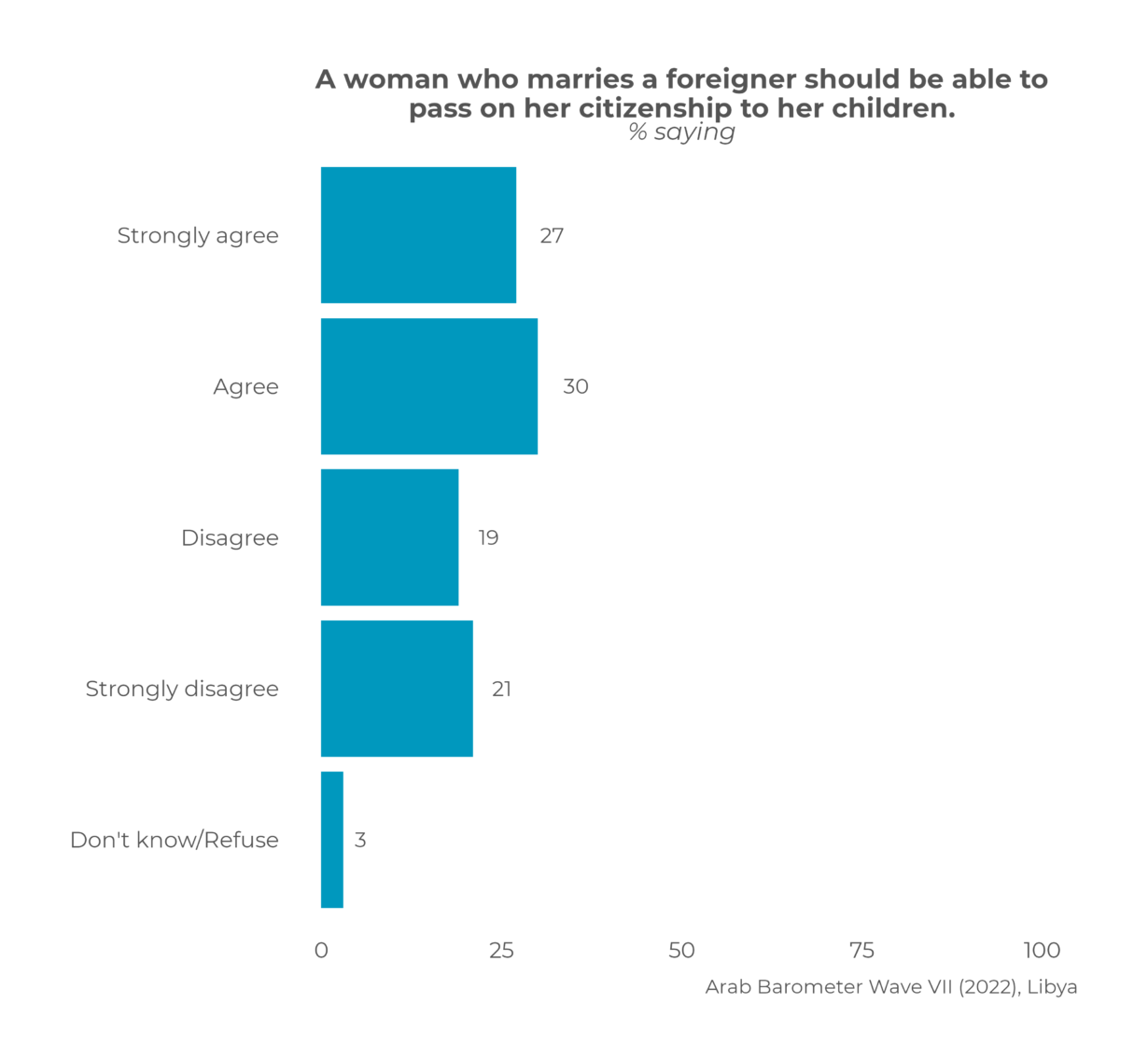Following months of political deadlock, a new political body is in the making to shake up Libya’s political impasse. On February 27, 2023, UN special envoy to Libya, Abdullah Bathily, told the UN Security Council he plans “to establish a High-level Steering Panel for Libya.” Bathily’s plan aims to facilitate the organization of elections, both legislative and presidential in the…
